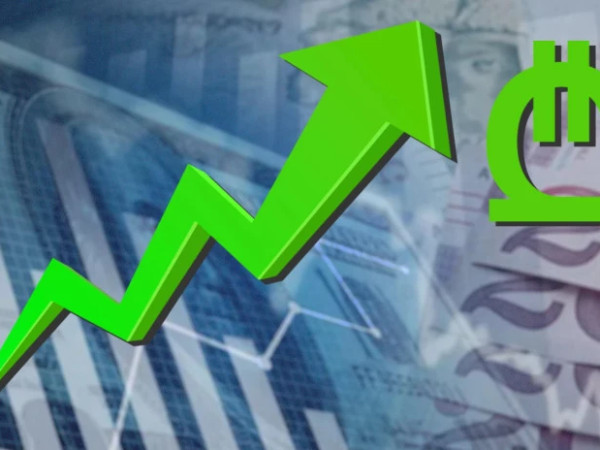Silicon Valley’s giants crowd the list of the world’s most valuable companies, but drugmaker Eli Lilly is hot on their heels. The company topped a market capitalization of $1 trillion on Friday, becoming the first business in the health industry to hit that milestone.
Lilly’s achievement comes during a tense week for stock watchers. AI chipmaker Nvidia, which itself became the first $5 trillion company less than a month ago, beat expectations with its latest quarterly earnings. But with AI overrepresented among the world’s top businesses and with massive AI investments making headlines every day, investors remain skittish that excitement over the tech might be overblown.
While Lilly still sits just outside the global top 10 most valuable companies, its rise demonstrates that non-tech businesses can still chart a path to the stock market’s upper echelons. In Lilly’s case, that rise was powered by spiking interest in weight-loss drugs—a trend that has nothing to do with the white-hot world of artificial intelligence.
The Indianapolis-based drugmaker enjoyed a massive 35% boost in its stock price this year, tapping into the rise of weight-loss drugs with its own offering, tirzepatide. Lilly’s star drugs, Mounjaro and Zepbound, both package tirzepatide, with the former approved to treat Type 2 diabetes and the latter prescribed for weight loss or sleep apnea. Tirzepatide works by simulating two naturally occurring gut hormones that influence digestion and appetite, and help the body regulate blood sugar.
Lilly’s two hot weight-loss drugs earned the company more than $10 billion in the third quarter of the year, accounting for more than half of its $17.6 billion in sales during the same period. By the end of October, Mounjaro and Zepbound had already made the company $25 billion—more than the drugmaker’s total revenue in 2020.


















